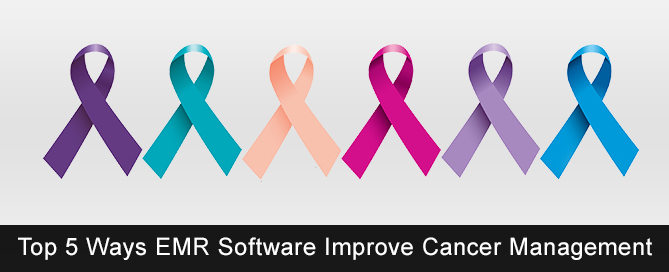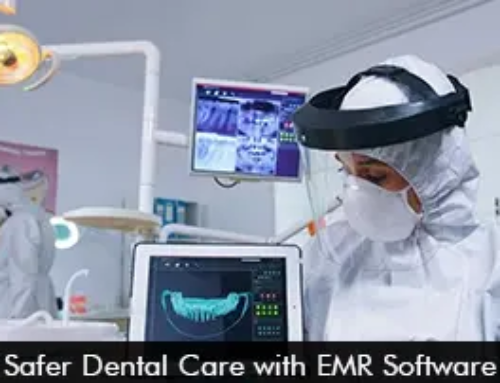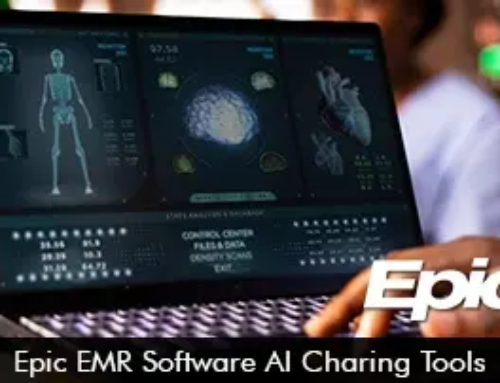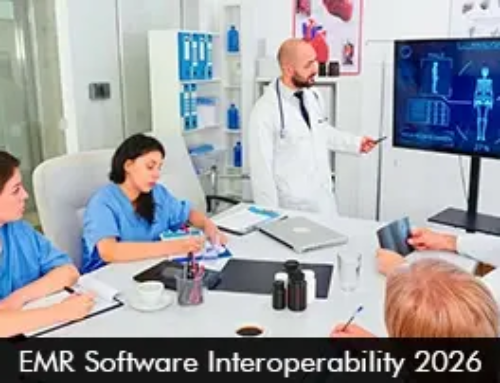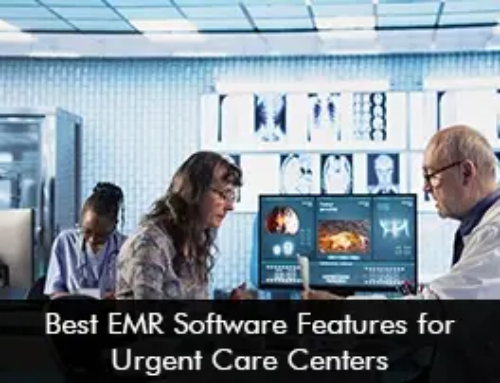With an increasing number of cancer cases every year, studies have estimated more than 1.75 million new cancer patients within the U.S. in 2019 alone. Fortunately, despite this large estimate of the number of cases, death rates are also constantly dropping. This decrease in the death rates is due to the change in lifestyle of the patients, the early diagnosis of the illness, and the improvement in the treatment procedures.
This increase in the number of cancer cases has created a greater need to provide an efficient healthcare service while also maintaining the safety of the patients.
An integrated Electronic Medical Records (EMR) Software bridges the gap between the cancer patients and their providers and streamlines the Medical Billing and Clinical Processes. This can help improve the bottom line of the medical practice since the satisfaction level of the patients increases and they return again and again.
Here are the top 5 ways an Electronic Health Records (EHR) Software can help improve Cancer Management for your healthcare practice.
Coordination between Primary and Secondary Healthcare Settings
Normally, Oncology occurs within outpatient conditions but in case the condition of the patient changes, the healthcare settings can also evolve through Ambulatory, Hospice & Home Care, Long-term Care, and Acute care. An integrated EMR/EHR or Practice Management (PM) Solution ensures continuity between the care environments and allows the physicians and the staff to access all the patient data throughout the transition. This eliminates the need to carry paperwork and relieves the caretakers of the patients from a lot of stress.
Efficient Management of Complex Regimens
In addition to a personalized workflow and automated tasks, an integrated EMR Software System also provides additional tools to make the practice more efficient. Complex healthcare procedures can be simplified by the flow sheets and personalized templates. The Patient Scheduling feature allows Appointment Reminders and Booking Services. An e-Prescribing (e-Rx) tool allows automatic prescription generation and updates to ensure that the treatment regimen is being followed as required.
Specialty-Specific Tools and Functionalities
While a generalized EHR Software could be helpful for oncologists, a specific Oncology EMR Software could be of even more help when it comes to Cancer Management. A specialty-specific EMR solution provides tailored solutions to all the problems and tasks to be done by the physicians and the staff. This makes the use and workflow smoother since everything within the software is already related to medical practice. Hence, the staff or the doctors need not readjust everything according to their procedures.
Monitor and Control Fluctuating Conditions
The oncologists, as well as their staff, are able to constantly monitor the patient condition and recovery progress. This helps them make informed decisions and allows them to customize or edit the treatment plan at any point according to the fluctuating conditions. Another aspect in which an Oncology EHR Software helps is that it ensures that the right patient gets the right treatment at the right time.
Maximize Cash Reimbursements
When the patient data and the electronic records entered at the time of the initial contact are completely error-free and comprehensive, the reimbursement procedure automatically gets faster. It allows the practice to charge patients immediately after the delivery of care, hence decreasing the payment time cycle, and increasing the revenue realization.


